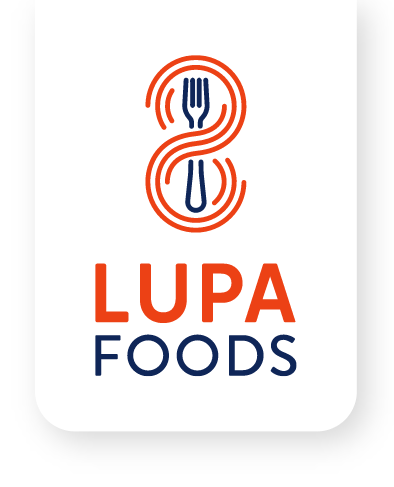Modern Slavery Commitment V5
1. Structure, business and supply chain
Lupa Foods are a long-established agent & broker working across a wide range of food product categories.
As a company we are committed to Corporate Social Responsibility and have an ESG Strategy in place. We believe transparency is the best way we can reassure our customers and the public that we are doing our best as an ethical corporate citizen. In that spirit, we have published our statement for slavery and human trafficking, made in compliance with section 54 of the Modern Slavery Act 2015, in which we explain how slavery and human trafficking can affect our business and the preventative steps we are taking.
This statement is intended to fulfil the legal requirement for a slavery and human trafficking statement for Lupa Foods. Our efforts against slavery and human trafficking complement our adoption of the Ethical Trading Initiative.
We are based in Borehamwood, UK and we sell our products mainly in the UK (a very small amount is exported to EU countries). We source our products predominantly from the UK & EU, though some are sourced further afield e.g. Mexico and Peru. We also use third party warehouses and transport companies to manage our distribution and storage.
We supply high quality food ingredients across a wide range of ambient categories e.g. pasta, canned veg and pulses, oils and vinegars. We also source a number of frozen and chilled products. Our customer base is mainly food manufacturers, recipe box companies and food service.
We employ around 33 people in the UK. In addition, we have approximately 20,000 workers who are employed by our suppliers throughout our supply chain. We only work with trusted suppliers who we have built strong relationships with and who are also committed to improving ethical practices.
This statement allows us to share our efforts against slavery and human trafficking and improve and measure our success across each financial year.
2. Slavery and human trafficking policies
Our Slavery and Human Trafficking Policy, sets out clear objectives for our plans.
- Relationships: Build strong relationships with our suppliers to ensure our products are sourced in an ethical way.
- Feedback: Through GFSI certification we ensure that all employees have a mechanism to confidentially report any concerns they have about their business and its practices.
- Knowledge: Using SEDEX statement we collect information from our suppliers relating to their ethical and corporate responsibility practices.
- Supplier collaboration: Encouraging suppliers to collaborate to address slavery and human trafficking issues. During supplier visits we share best practice across our sites.
- Accountability: If within our supply base issues are found, we will work closely to help address these and ensure all communication is transparent.
3. Due diligence procedures
We understand that our biggest exposure to Modern Slavery is in our product supply chains, which is why we only work with trusted suppliers who are required to go through a rigorous approval process in line with our BRC Agent & Broker Certification.
Within these areas, new supplier manufacturing sites are subject to due diligence checks and are required to register on SEDEX. In addition, where audits are completed at site, compliance against the company’s ethical practices are assessed. If issues are identified, appropriate investigative and remedial actions will be taken.
4. Key performance indicators
In order to assess the effectiveness of our modern slavery measures we will review the number of slavery incidents reported in our supply chain.
For 2022 this was 0.
Claire Lindsay
Technical Director
26/07/2023

